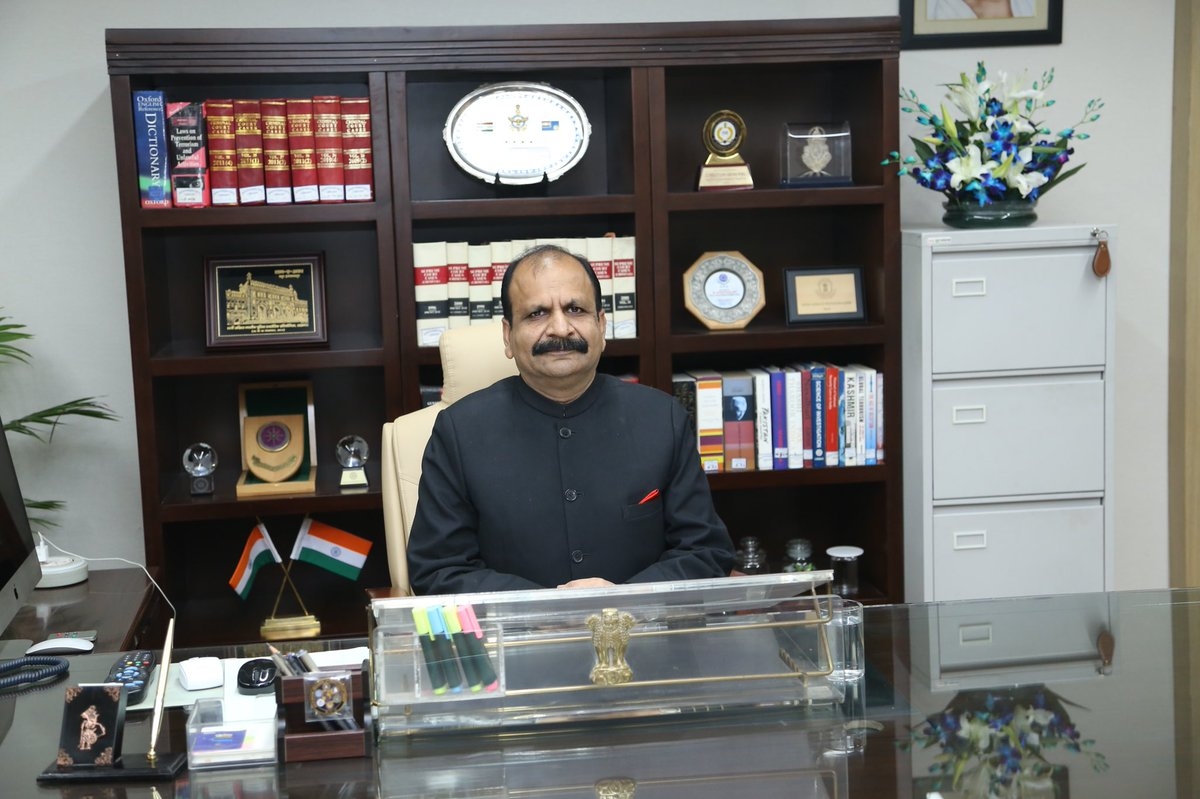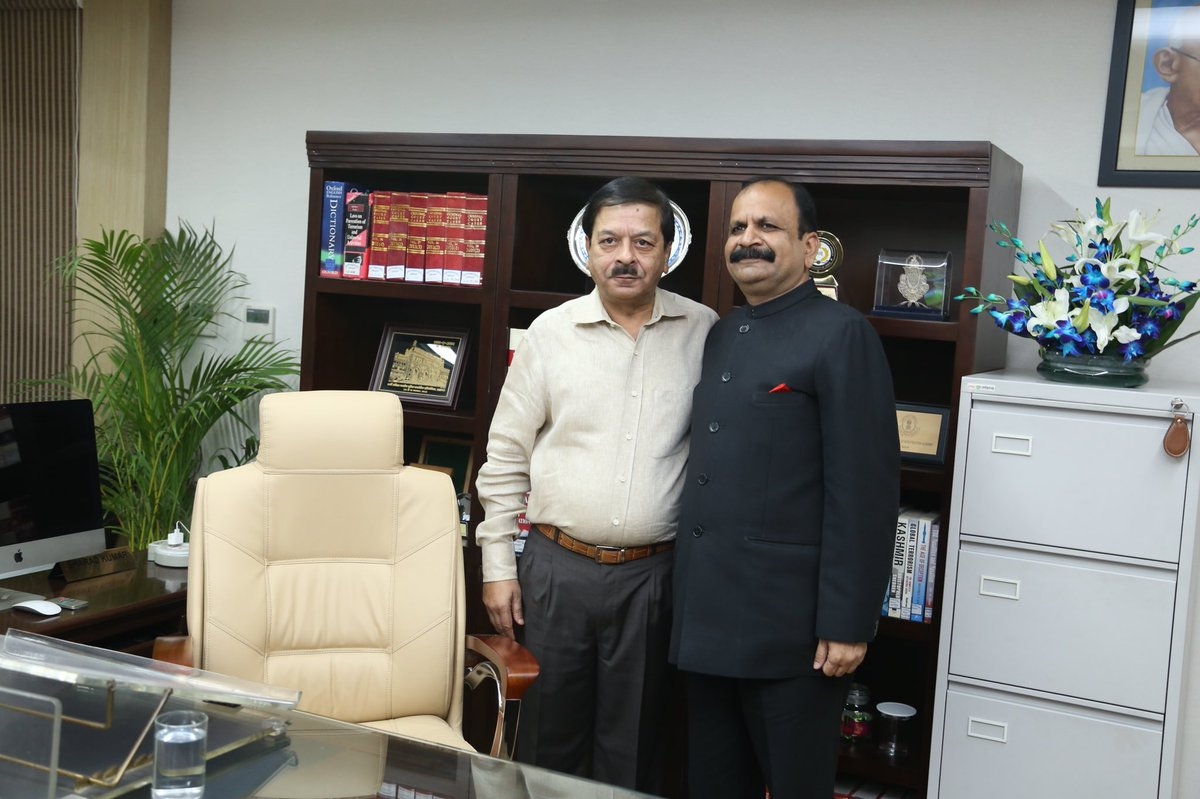Yogesh Chander Modi becomes new NIA Chief
Total Views |
New Delhi, October 02: Senior IPS officer Yogesh Chander Modi has assumed the charge of the Director General of the National Investigation Agency on 30 October 2017. Yogesh Chander Modi, IPS (Assam-Meghalaya, 1984 Batch) succeeds Sharad Kumar, IPS (1979 Batch of IPS, Haryana Cadre), on completion of his tenure. The new NIA chief had joined the NIA as Officer on Special Duty (OSD) on 22 September this year.


Prior to joining the NIA on promotion, Modi was working as Additional Director, CBI, and New Delhi. He was awarded with the Police Medal for Meritorious Service in 2001 and the President’s Police Medal for Distinguished Service in the year 2008.
The NIA statement says that Yogesh Chander Modi in his career spanning over 33 years, has extensive experience of investigation, intelligence and operations. He worked with the Central Bureau of Investigation (CBI) for a period of around 10 years in two stints (2002-2010 and 2015-2017) where he handled Special Crime and Economic Offences besides Anti-Corruption cases. From 1991-2002, he worked with Cabinet Sectt. and did various postings including one outside India. In the States of Assam and Meghalaya, he was posted as SDPO, Distt S.P., DIG (Range) and Additional Director General of Police (Law & Order). During these assignments, he gained field experience in various facets of core policing including anti-terrorist operations.  NIA ex-Chief Sharad Kumar took over as the Director General of the NIA, on 05 August, 2013. Under his leadership the NIA made path-breaking progress with its thorough and professional investigation. During his tenure, the Agency achieved significant successes, in solving many complex terrorist crimes and unearthing intricate conspiracies. These include; Bodhgaya Temple blast, Blast in Patna rally of the then Prime ministerial candidate of the BJP Narendra Modi, Pathankot Airbase attack case, ISIS and the J&K terror funding case, to name a few. Many important cases such as the UNLF case, the DHDJ case, Dilsukhnagar (Hyderabad) blast case, ISIS conspiracy cases and FICN cases resulted in conviction. In the same period, the Agency also expanded its geographical presence to the entire country with the creation of three new Branch Offices at Kolkata, Raipur and Jammu.
NIA ex-Chief Sharad Kumar took over as the Director General of the NIA, on 05 August, 2013. Under his leadership the NIA made path-breaking progress with its thorough and professional investigation. During his tenure, the Agency achieved significant successes, in solving many complex terrorist crimes and unearthing intricate conspiracies. These include; Bodhgaya Temple blast, Blast in Patna rally of the then Prime ministerial candidate of the BJP Narendra Modi, Pathankot Airbase attack case, ISIS and the J&K terror funding case, to name a few. Many important cases such as the UNLF case, the DHDJ case, Dilsukhnagar (Hyderabad) blast case, ISIS conspiracy cases and FICN cases resulted in conviction. In the same period, the Agency also expanded its geographical presence to the entire country with the creation of three new Branch Offices at Kolkata, Raipur and Jammu.